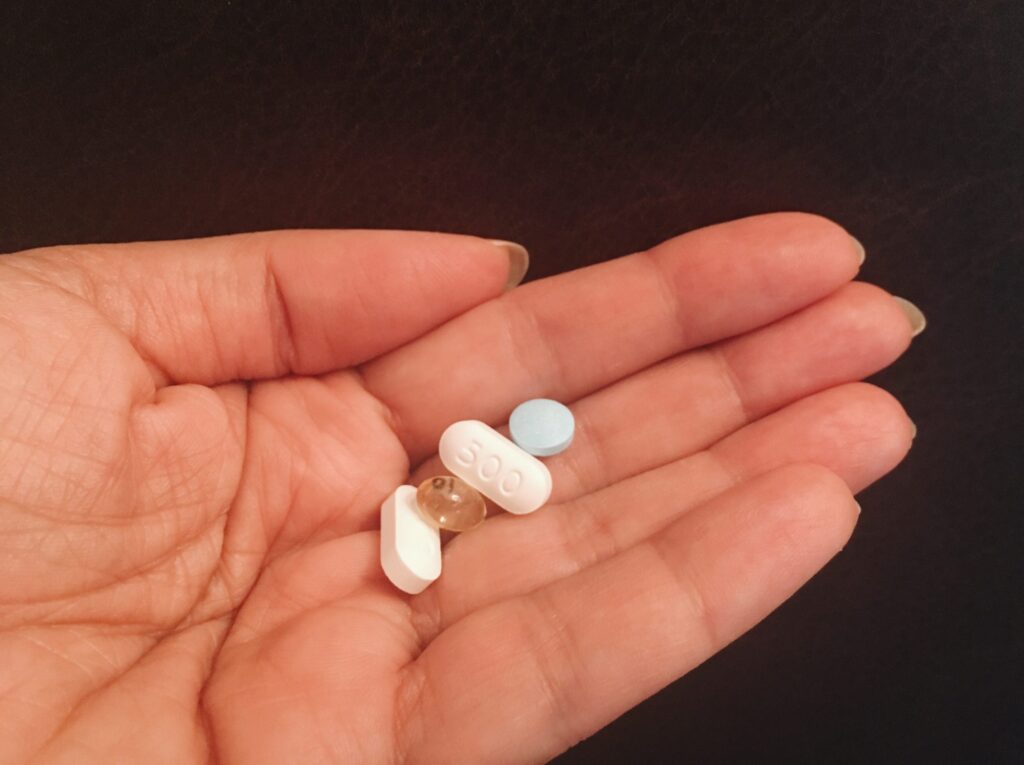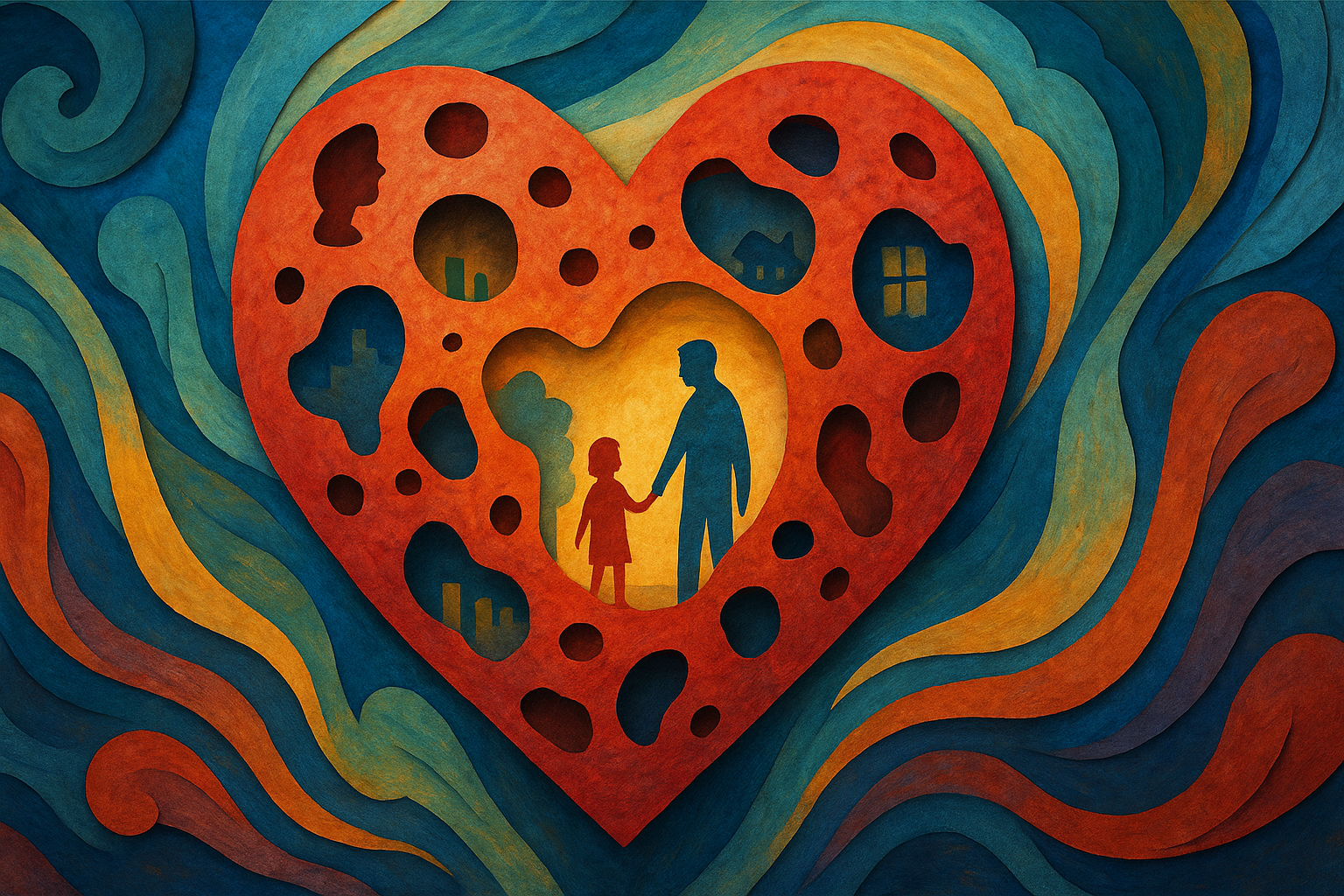Treatment for alcohol and drug addiction is constantly evolving. However, the pace may seem frustratingly slow given the enormous number of people affected.
In the United States alone, 15.1 million adults and more than 620,000 adolescents suffer from Alcohol Use Disorder, according to the 2015 National Survey on Drug Use and Health.
The Centers for Disease Control and Prevention reports that an estimated 88,000 people die every year from alcohol-related causes. Another 72,000-plus people die annually from drug overdoses. That means we’re losing more than 438 people in this country each day to alcohol and drugs.
Countless others suffer from the broad range of physical, mental, and practical consequences that often accompany addiction. Entire families are negatively impacted by alcohol and drug use. According to a 2012 study by the Substance Abuse and Mental Health Services Administration, more than seven million children in the US live with a parent with alcohol problems. How can we best help those who are struggling?
Most of us are familiar with 12-step programs like Alcoholic Anonymous and rehabilitation centers. Counseling and community are critical to recovery, and it is unlikely that these practices will be replaced. But complementary treatments that can speed up and improve healing are on the horizon.
Recently Genius Recovery talked with two medical professionals to learn more about their exciting progress in the field of addiction recovery.
Nutritional and Neurological Restoration
Dr. Jeremiah Joseph is a board-certified chiropractic neurologist with a cutting-edge practice in Port Charlotte, Florida. He is also a highly-acclaimed speaker, author and educator dedicated to health and wellness. Dr. Joseph has formulated a nutritional and neurological restoration plan to help expedite and support those recovering from addiction.
“All substances going into the body—whether they are absorbed orally, intravenously, or inhaled—have an effect on two things, the brain and the gut,” Dr. Joseph says. “I truly believe you have to fix the brain and the gut at the same time.”
Dr. Joseph explains that most drugs, including alcohol, deplete key chemicals and nutrients in the body. The big ones are dopamine, L-glutamine and Vitamins A, B, C and D. As a result of depleted or excess nutrients in the body and brain, common symptoms include lack of concentration, fatigue, anxiety and depression.
Magnesium is another critical mineral that is easily diminished. Dr. Joseph asserts: “Magnesium needs to be replenished on an almost daily basis. It is used in more than 300 reactions in every single human cell. The average person is depleted in magnesium, and anything that dehydrates the body, such as alcohol, depletes it further. Without magnesium, energy and metabolism will become irregular.”
Dr. Joseph recommends probiotics, bone broth protein, primrose for withdrawal symptoms and a whole-food multivitamin. His plan also includes balancing out blood sugar, testing the urine for neurotransmitter levels and an array of supplements that include DHA, TMG and L-Theanine.
In addition to boosting energy and focus, nutrition can help with sleep, which is an issue for many people with alcohol and drug use disorders. “When you’re depleted of REM sleep, your body craves things more,” Dr. Joseph explains.
What excites Dr. Joseph most is the promise of IV PRP, or intravenous platelet-rich plasma regenerative therapy. “IV PRP would be absolutely amazing for patients,” he says. “If we want rapid recovery neurologically and systemically, I would say that it would have to be IV PRP and stem cell treatments.”
We discussed how best to get these types of treatments to the people who need them most. Dr. Joseph envisions an online platform with educational videos and resources to help link people with treatments, supplements and nutritional information. He continues: “I would love to see a center where people come for treatment, and it’s a two-week protocol. Then they learn how to do all this on their own.”
The challenge is that even in the year 2018, there is still a stigma attached to addiction, which may hinder the proliferation of such treatment. Questions that come up may include: Must patients be required to go through detox or rehab first and be sober in order to receive treatment?
Dr. Joseph believes in treating patients even if they are still in active addition. “They’re human, and they want to feel better,” he says. “At least the treatment is mitigating the harmful effects and slowing them down.”
Dr. Joseph adds, “I think as more and more people tell their stories, the stigma will go away.”
Acupuncture and Stem Cell Treatments
Regan Archibald, LAc, FMP, is an acupuncturist and an expert in the field of regenerative stem cell therapy. In his approach to healthcare, Archibald focuses on restoring harmony to the body and helping patients heal themselves. He refers to himself and his colleagues as “firefighters who are putting out the flames in the brain.”
One of the primary issues impacting the brains of those addicted to drugs or alcohol is the erratic supply of dopamine in the brain. Dopamine is known as a neurotransmitter—a chemical in the brain that transmits signals between the neurons. Dopamine motivates humans to take action by providing a surge of satisfaction when we do something the brain wants us to repeat.
Archibald explains: “Addictive behaviors send false signals to the neurons. For example, a cocaine user is going to have a massive rush of dopamine after the use of cocaine. Or a sugar addict will have a massive rush of dopamine right after they eat sugar. This overburdens the neurons, and the surrounding microglial cells can’t clean up the mess fast enough. The dopamine supply gets completely depleted, and to get the supply back up, addicts go back to whatever created that rush in the first place.”
At his East West Health clinics in Utah, Archibald is seeing amazing results. “Through acupuncture and stem cell treatments, we’ve been able to calm down the inflammatory patterns that exist in virtually every addict’s brain, and we can sever some of the physiological triggers that result in addictive behavior.”
Archibald first became interested in applying his practices to those in recovery when his clinic was treating a patient for liver failure. The patient returned three months after his stem cell treatment to tell Archibald that his desire for alcohol was gone for the first time since he began drinking.
Archibald began looking into the research, and he discovered that there’s still much work that needs to be done in the field of stem cell therapy and addiction recovery. He has since treated about 25 patients at his clinics and seen “massive breakthroughs.”
He reports: “The stem cell procedure is very safe and easy to administer, and we always follow up with acupuncture, which helps provide better blood to the stem cells, and promotes much better communication in the nervous system.”
Archibald is eager to produce clinical data, so he has begun working with a stem cell company to create a formal study that will track the process and its results.
East West Health is also collaborating with a local rehab center so that they will have the option of providing these services to their patients.
Archibald suggests that once the inflammation goes away, so do the severe neurotransmitter imbalances, and then real healing can occur on the emotional level.
Putting out fires in the brain is not, in other words, the end point of recovery but rather the beginning.



